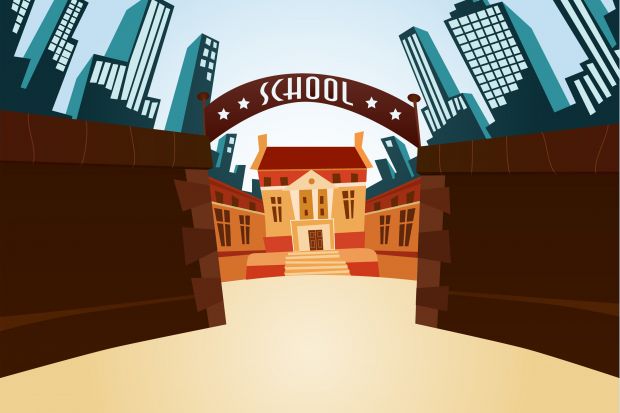
One of the most popular questions that secondary school students get asked is “what do you want to be?”. But the thing is, in a world where the types of jobs are endless, choosing is tough.
If you don’t even know where to start, I suggest that the first thing to do is to think about the things you find interesting. From there, get to researching. See what types of programmes touch on your interests. Oftentimes, along with the courses that they offer, schools will list prospective careers that you could pursue after finishing your studies. Taking a peek at those might even give you some options that you have never even considered.
Next comes the tricky part: deciding what school to go to. So many incredible institutions will offer the course you are interested in, but choosing a school based solely on it having your programme is not a good way of making this decision.
Here is a process that you can follow that will help you to be happy with where you choose:
1. Decide if you want to commute from home or if you want to move away
This decision is an intensely personal one, which may be based on your desire to stay close to your family, or it is the smarter financial decision. Whatever choice you make, make sure that you know you are doing it for the right reasons.
2. Start looking at schools in the area where you live or where you would be comfortable living
Of those schools, narrow it down those that offer a programme you are interested in. Are there schools all over the country that offer similar programmes? If you decide to move away, how far is too far? How easy is it to travel between home and your potential new city?
3. Check out the admission requirements
These will differ from school to school, so if you are planning on applying to more than one university, make sure that you have the requirements for all of them. Look at the admission averages and see if they are in line with your marks. If they aren’t, are there upgrade courses that you could take that would help you get accepted?
4. Book campus tours
As a campus tour guide, I could be a little biased but I believe that visiting a campus is the best thing that you can do to get a feel for the school’s vibe. When people ask me why I picked the school I attend, they often don’t believe me when I tell them that I was taken over by the scenery – the rocks, trees and the pool. If you can, go during the week, when students will be going to and from classes on their way to lunch or the library. At Open House events, which are typically held on the weekend, there are so many other prospective students around that the atmosphere is different. Pick the schools that you are serious about attending and visit.
5. Stay the night in the city
You spend no more than 30 hours a week in class, what are you going to do with the other 138 hours in the week? What is the food scene like? Does the town have a really cool theatre? Are there trails or parks that are open in all seasons? What about the bars, what are they like? Check out a local restaurant (as a tour guide it pains me to hear that people grabbed lunch at Subway when there are dozens of local lunch spots), do a drive-by of the city’s landmarks (no matter how corny it may be), or walk around the city centre.
6. Ask lots of questions
Talk to the recruitment officers. Talk to guidance counsellors at your school. Take to social media and see what institutions are talking about. Talk to people who go there. The more you can learn about a school, the better you will feel about making a decision.
Above all, go where you can see yourself and do what makes you happy. This is not a foolproof plan, sometimes your programme won’t be what you expected, or it turns out that your chosen city is too far from home, and that’s OK. You can change what you study or where you go. As long as you are following what you are passionate about, your time isn’t wasted.
Amanda is in her fifth year at Laurentian University where she is pursuing a bachelor of education after having completed a bachelor of arts in literature and French as a second language. She is an advocate for all types of learning, whether it is in a classroom or in the middle of the Serengeti surrounded by wildlife. Amanda enjoys reading, writing, karaoke, Twitter, travelling, swimming and baking.























